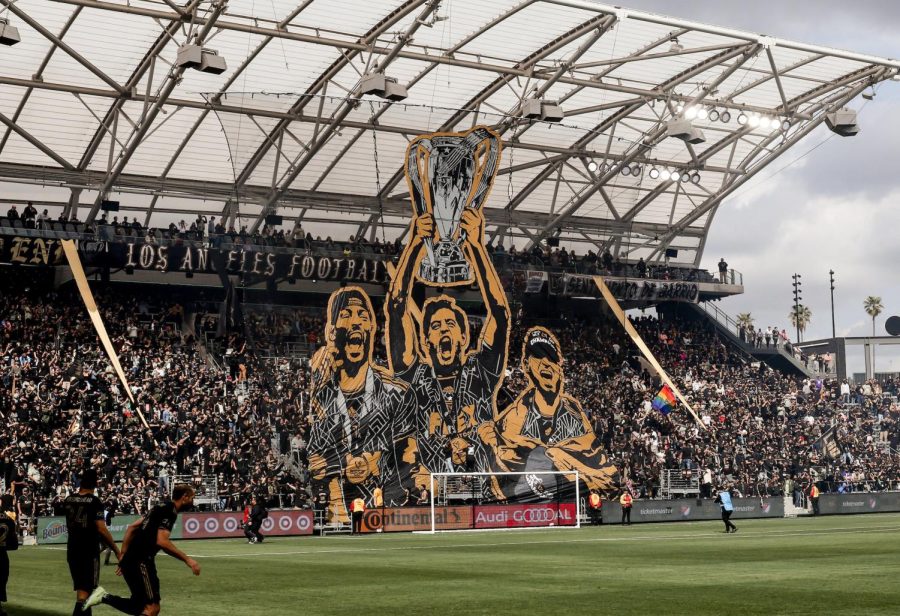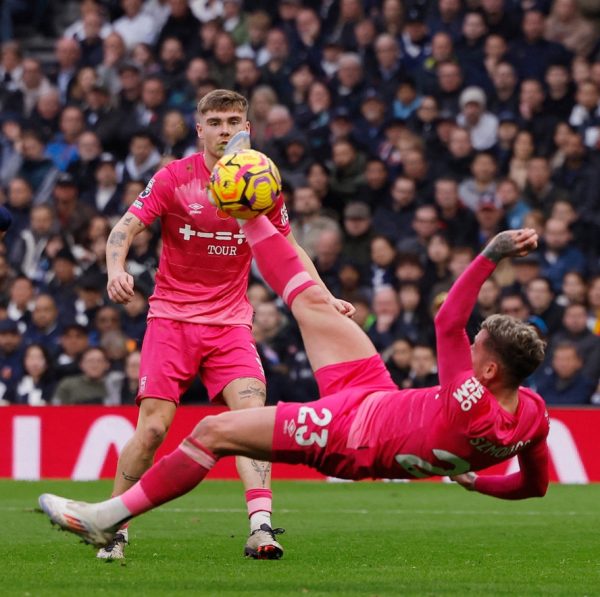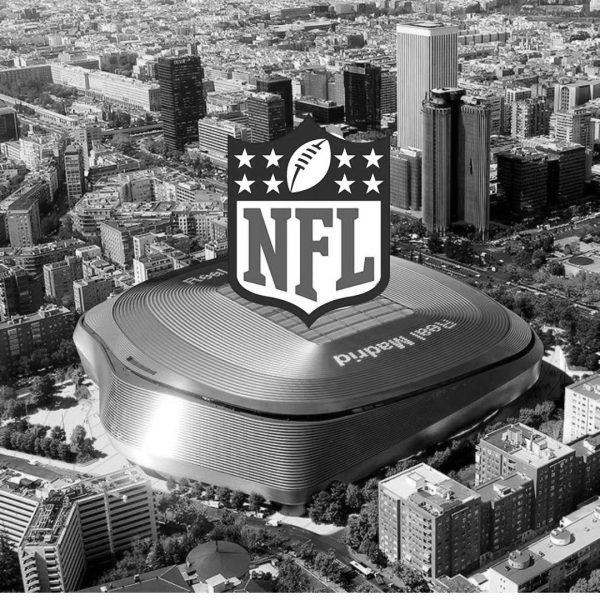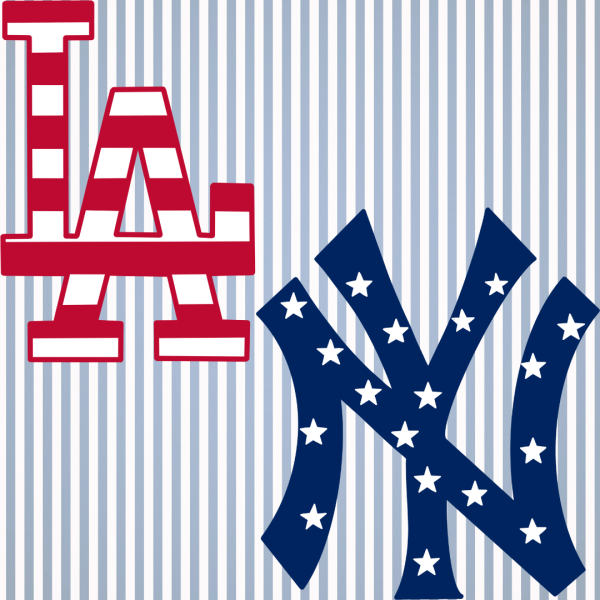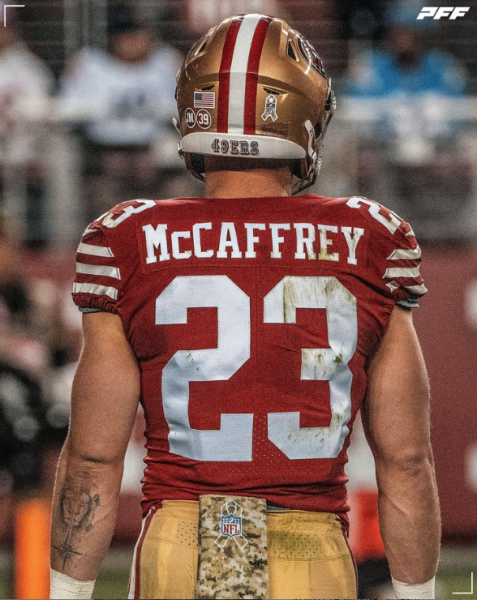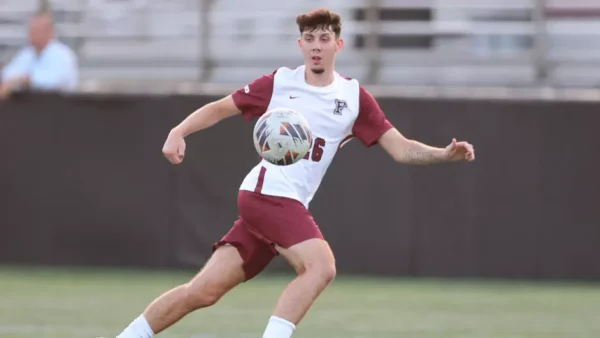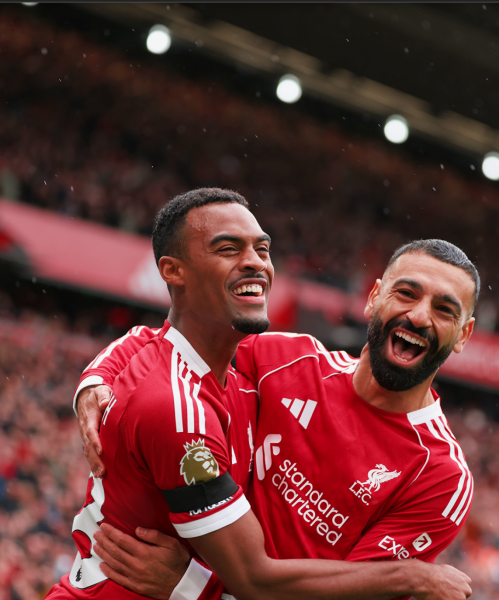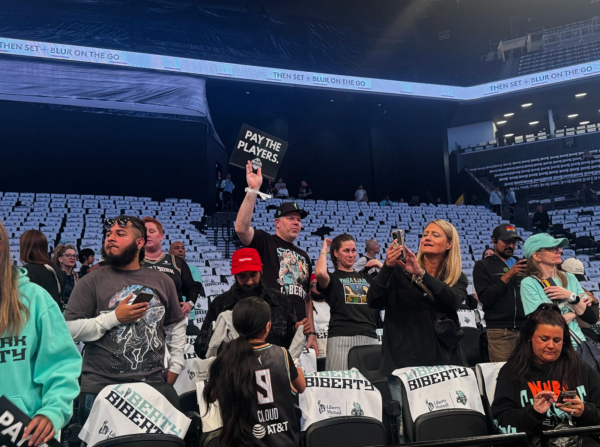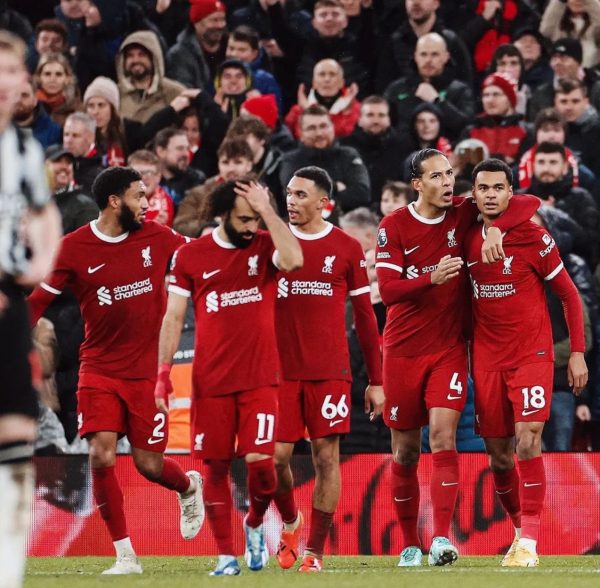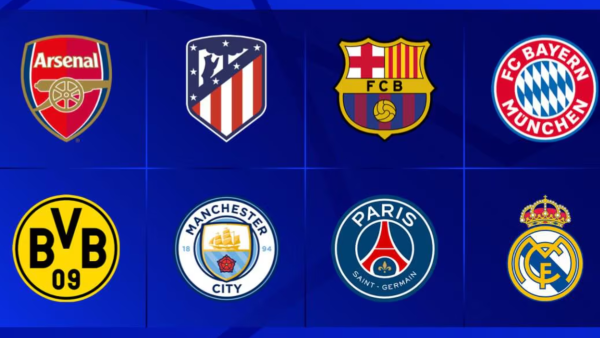2023 MLS Western Conference Preview
Major League Soccer’s (MLS) 28th season kicked off on Saturday, Feb. 25, with all 29 teams but the Chicago Fire taking part in MLS’s opening weekend. Most notably, new expansion franchise St. Louis City SC took part in their first MLS game, dramatically defeating Western Conference heavyweights Austin FC 3-2. As MLS gears up for its most ambitious and biggest season yet, here’s what you need to know about the West in 2023.
Reigning Supporters’ Shield and MLS Cup champions Los Angeles FC headline the stories of this year’s season as they look to solidify their status as an MLS dynasty. Despite departures from stars like Chicho Arango and Gareth Bale, LAFC will certainly be favorites to repeat as both Supporters’ Shield and MLS Cup champions as they still maintain one of the strongest cores of players in MLS history. In addition to captain and talisman Carlos Vela, the black and gold’s roster of Denis Bouanga, Giorgio Chiellini, Ilie Sanchez, Kellyn Acosta, Jose Cifuentes and Jesus Murillo plus the additions of Stipe Biuk from Hajduk Split and Aaron Long from the New York Red Bulls give LAFC the deepest crop of players across MLS.
LAFC, however, will have the added challenge of playing in their second Confederation of North, Central America and Caribbean Association Football Champions League (CCL), an opportunity they earned for their success in 2022. Historically, a deep CCL run can spell disaster for a team’s MLS season as the tournament conflicts with the early part of the MLS schedule and contributes greatly to injuries and midseason fatigue. Most recently, the Seattle Sounders became the first team in MLS history to win the continental trophy in the CCL era (since 2008) last season, but went on to miss the MLS playoffs for the first time in 14 seasons. Joining LAFC in the CCL this year will be their MLS Cup and Supporters’ Shield adversary in the Philadelphia Union as well as Orlando City SC, Austin FC and the Vancouver Whitecaps, all of which but the latter could be considered MLS Cup contenders.
In the Western Conference, LAFC’s biggest challengers take the form of teams in green in Austin FC and the Seattle Sounders, as well as crosstown foe the LA Galaxy and perennial playoff candidate FC Dallas.
Austin FC’s second place Western Conference finish came in large part due to consistency in defense and goalkeeping from Brad Stuver as well as an MVP caliber year from star midfielder Sebastian Driussi. While the club overperformed in expected goals, it added strength to its forward core, bringing in U.S. international Gyasi Zardes to sniff out chances expected to be created by Diego Fagundez, Driussi and new signing Emiliano Rigoni.
The Seattle Sounders, on the other hand, are coming off of a whirlwind year that saw them win CCL but fail dramatically in MLS. Returning from injury will be star defensive midfielder Joao Paulo, whose injury in the CCL final was felt throughout the year. He will rejoin Cristian Roldan, Jordan Morris, Raul Ruidiaz, Yeimar, Albert Rusnak, Stefan Frei and captain Nicolas Lodeiro in what is probably the second most talented crop of players MLS’s Western Conference. The Sounders looked impressive but not quite fit yet in their FIFA Club World Cup defeat to Egyptian giants Al Ahly on Feb. 4.
FC Dallas, who made massive strides as the 2022 season went on, can be expected to play out a similar season as they did in 2022. Finishing third in the west, Dallas excelled in their system of internal development despite selling U.S. International forward Ricardo Pepi abroad before the season. Paxton Pomykal, Jesus Ferreira, Paul Arriola and goalkeeper Maarten Paes in particular played big roles in advancing the Toros back to the playoffs last season. However, losing veteran defender Matt Hedges means Dallas will have to tinker with options along the backline, likely meaning that Nkosi Tafari will step into a long term starting role alongside the established Jose Martinez.
The Galaxy are in a familiar setting as their squad has a polarizing distribution of players, with a lot of strength in certain areas and serious weakness in others. LA’s midfield of Gaston Brugman, Marky Delgado and Riqui Puig is good enough to be the best across the entire league and Javier Hernandez has shown that he can be a consistent top level scorer in MLS with back to back 15-plus goal seasons. However, as always, there are questions surrounding the Galaxy’s defense that conceded 51 goals last year and only brought in the aging Chris Mavinga from Toronto to tighten things up. Likewise, Mexican international Julian Araujo’s departure for Barcelona B makes the defense situation that much thinner and that’s not to mention how thin the depth chart is at winger after the homegrown Efrain Alvarez.
Rounding out the playoff hunt in the Western Conference are the Portland Timbers, who were only one point shy from making the playoffs last year and brought in highly touted Brazilian midfielder Evander from FC Midtjylland of Denmark. They still maintain a solid core of Sebastian Blanco, Santiago Moreno, Claudio Bravo, Aljaz Ivacic and Yimmi and Diego Chara. The Timbers, however, have uncertainties up top, as Jaroslaw Niezgoda is likely to be the starter despite putting up a modest nine goals last year while Chilean international Felipe Mora is not expected to return from his complicated knee injury until the end of the spring.
Minnesota United have earned the status of perennial playoff candidate but are in serious limbo as star attacking midfielder Emanuel Reynoso has yet to turn up to preseason activities in light of his 2021 arrest for assault of a teenager potentially going to trial. Real Salt Lake were one point behind Minnesota last season for the seventh and final playoff spot in the Western Conference and while their roster has not turned over much, the progression of teams around them could see them be phased out of postseason contention.
The bottom tier of the Western Conference is likely to be shaken up a bit, not only because of the introduction of St. Louis and their less than inspiring roster, but also because sides like Sporting KC, the Colorado Rapids, the Vancouver Whitecaps and the last place finishing San Jose Earthquakes all made considerable changes in the offseason. Namely, KC brought in defender Tim Leibold as well as late season acquisitions of midfielders Erik Thommy, Nemanja Radoja and forward Willy Agada, who scored eight goals in just 12 games played last year.
Vancouver made improvements at both ends, bringing in FC Augsburg striker Sergio Cordova and defender Mathias Laborda from Uruguay’s Nacional while San Jose brought in former Dallas and Augsburg midfielder Carlos Gruezo and goalkeeper Daniel from Internacional despite losing veteran midfielders Jan Gregus and Eric Remedi. Colorado may have made the biggest splashes among the lower finishing teams in the west, including designated player center back Andreas Maxso from Denmark’s Brondby, midfielder Connor Ronan from Wolves in the Premier League and winger Kevin Cabral, whose salary is being partially retained by the LA Galaxy.
Likely to join newcomers St. Louis at the bottom of the Western Conference are the Houston Dynamo, who despite bringing in Artur from Columbus, Brad Smith from DC, Ivan Franco from Club Libertad in Paraguay and Amine Bassi from Ligue 1’s FC Metz, have been dwelling in the West’s basement since 2017 and are probably still beneath playoff quality.
Imbalance between the Eastern and Western Conference is not a new thing in MLS, the East was probably stronger than the West last year as well, but the only thing that matters in the end is who lifts the trophy at the end of the season. With MLS’s famed unpredictability and advertised parity, it would not be out of the realm of possibility for every word you have just read to be proven wrong as early as June. Only time and the soccer gods will tell.





































































































































































































